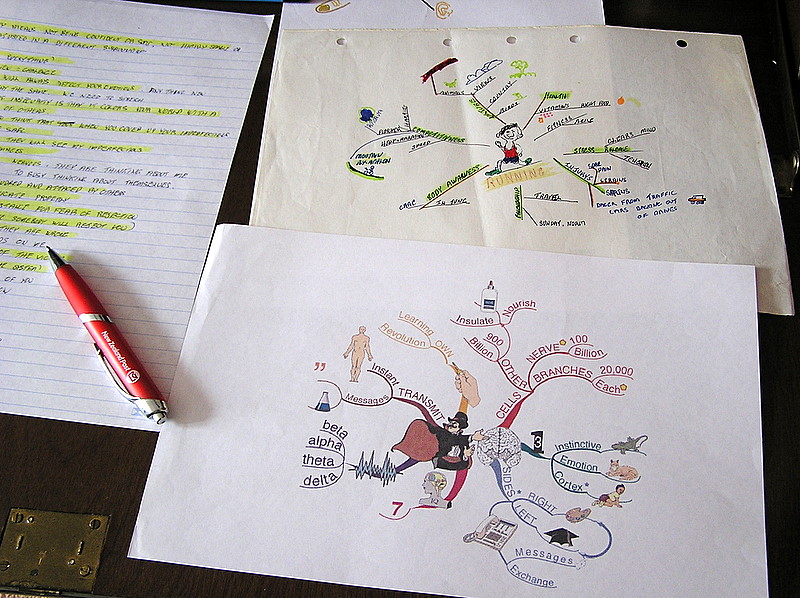Weekly Science Picks

It’s the end of this week, so it’s our time to summarise the most incredible and fascinating news from the area of science and technology. After careful consideration, we decided to share the following highlights with you.
Genetic Forensics Wakes a Dragon
A genetic investigation into the illegal trade of sailfin dragons has unearthed a surprise: a new species of the rainbow-colored lizards that resemble small dinosaurs. The finding highlights just how little is known about these mysterious and threatened animals.
Why birds can’t avoid hitting your car windscreen
It’s not just a superstition – a bird hitting your car windscreen really is an omen of death. No, not for you, but for the poor bird. It’s estimated that at least 80 million birds are killed this way every year in the United States alone. That’s not just distressing and dangerous for drivers. It’s a potentially significant source of fatalities to some rare and endangered bird species, which is why wildlife researchers and conservationists would like to understand more about why they fail to avoid oncoming vehicles.
Nuclear fusion breakthrough raises hopes for ultimate green energy source
The scientists generated more energy from fusion reactions than they put into the nuclear fuel, in a small but crucial step along the road to harnessing fusion power. The ultimate goal – to produce more energy than the whole experiment consumes – remains a long way off, but the feat has nonetheless raised hopes that after decades of setbacks, firm progress is finally being made.
New pathway for fear discovered deep within brain
Fear is primal. In the wild, it serves as a protective mechanism, but for humans, fear is more complex. A normal amount keeps us safe. But too much fear, like PTSD, can prevent people from living healthy lives. Researchers are working to understand how the brain translates fear into action. Today, scientists announce the discovery of a new neural circuit that links the site of fear memory with a brain area that controls behavior.
That’s all for this Weekly Science Picks. Until next time, stay curious and scientifically passionate.
 Follow
Follow